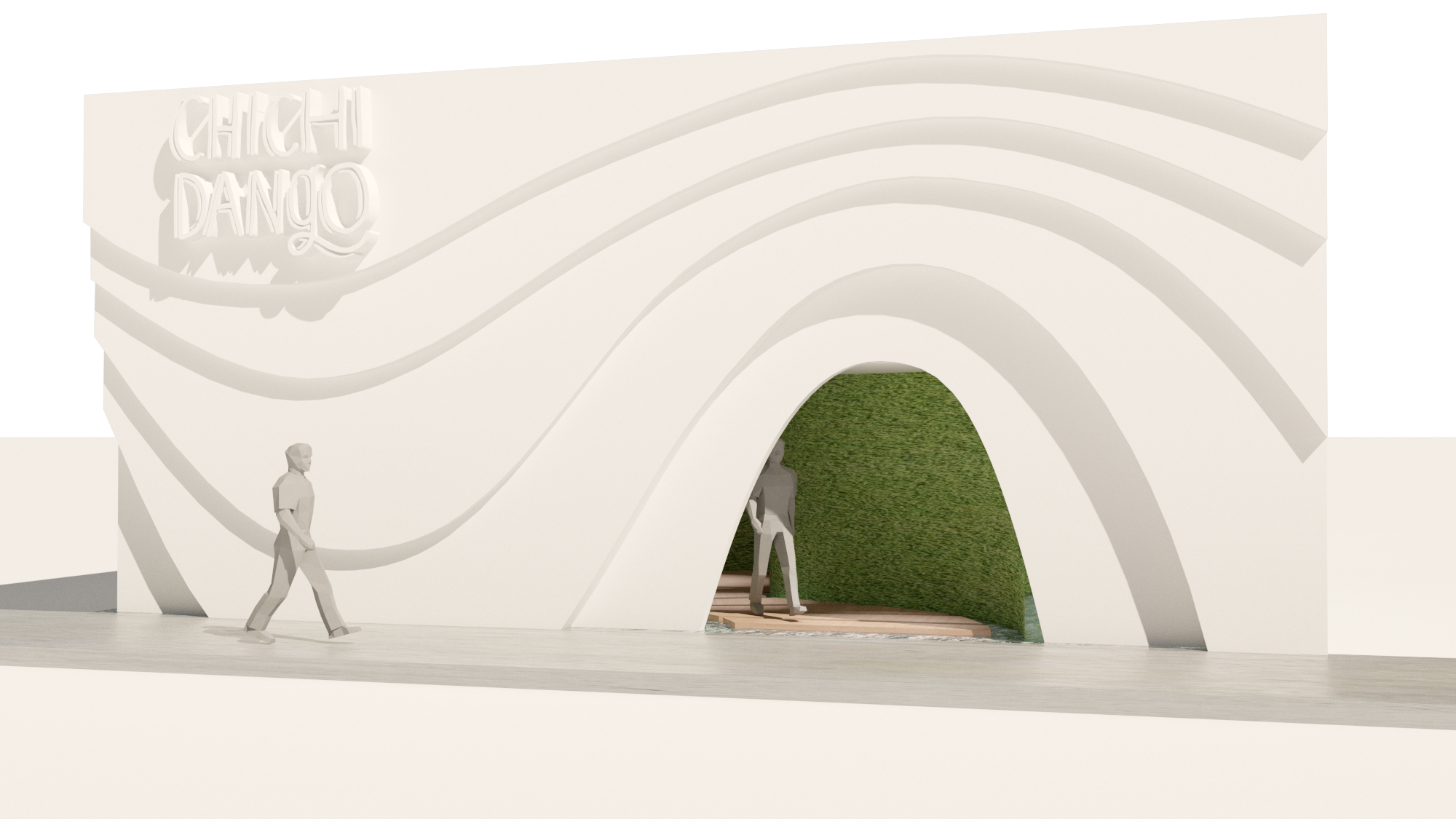ACN-261-01 Intro to Rhino: Furniture/Environ Design

This course is an overview of 3D computer-aided visualization concepts through the instruction of industry-leading software, Rhinoceros 3D, with the focus on modeling for the design and representation of built environments and furniture. The use of V-Ray for still image rendering will be introduced and the course will touch on the use of Photoshop and Illustrator as essential support tools. The course is structured around three primary functions, Basics, Representations, and Advanced Modeling, which are not seen as completely separable, and intertwine with each other throughout the class. The first component of the course focuses on basic modeling skills, and modeling architecture of various scales so that students will become familiar with
contemporary design methodology. The second part of the class introduces the process of representation and concepts of visual communication.
Instructor: Yo Oshima
Contact: [email protected]
Instagram: yo.sensei.design
- Prerequisites: None
- Studio Hours: Section: Monday / Thursday: 7-10pm
- Location: Hillside 950 203
Lab Space
This class has a lot of homework. If you need to work on PC Lab computers, Room 203 in 950 S. Raymond Campus is open for night students.
Website: https://accdenv.com/
Weekly course notes and assignments will be distributed at the website.
Students are encouraged to join discussion forum on the website. Participation instruction will be given at the first class.
Required Material:
Basic drawing supplies
(pencils, pens, paper, straight-edge, scale, triangles, compass, etc.)
Basic modeling supplies
Computer access to Rhinoceros and V-Ray, Photoshop, InDesign, Illustrator, the Internet
Rhinoceros

- Rhino Educational version is $145 USD
- https://www.rhino3d.com/sales/north-america/United_States
- There’s also 90-day trial version for free
- https://www.rhino3d.com/download

Class Concept Slide
See Previous Student Works
Course Outline:
Week 01 Introduction to Rhinoceros
- Lecture: Computerization in Design
- Interface Basics / Command Basics
Week 02 Basic Orthogonal Modeling
- Boolean Exercise
- Basic Modeling 02
- Pattern Lecture (Figure Ground)
Week 03 Renderings Basics
- UN Studio pavilion tutorial
- Keyshot Rendering
Week 04 Human Body and Furniture
- Lecture on body interface
- Scale model lecture
Week 05 Bridge Design
- Intermediate rendering – texture mapping and materials
- Bridge model development
Week 06 Lab Sessions
- Final Project Development
Week 07 Final Review
Evaluation Method:
Assignments will contribute to 85% of the total grade for the class. See the course schedule for the weight of each assignment. Late assignments will not be accepted. Attendance will contribute to 15% of the total grade for the class. Three or more absences will result in an automatic failing grade for the class. Some of the smaller assignments, in addition to the two larger projects, will require student presentations. Students are expected to be prepared to present their work at the beginning of class – preparing work or pinning up material during class, etc. will not be accepted. Students are expected to engage in the presentations of each others’ work. All assignments are due at the beginning of class. Late assignments will not be accepted unless arrangements are made with the instructor prior to the due date. Attendance to each class is mandatory; any absences must be approved by the instructor prior to that class. Students are encouraged to work on the assignments in the lab at the same time. Minor technical problems can become overwhelming when learning new tools, and the assistance of classmates will prove invaluable. This encouragement is not, however, to be construed as acceptance of collaborative work. Each student is expected to submit individual work for each assignment.
Assignments
See the course schedule for the weight of each assignment. Late assignments will not be accepted.
Attendance
Three or more unexcused absences will result in an automatic failing grade for the class. Failing to attend the final review will result in an automatic failing grade for the class.
Grading:
Department Chairs’ Approved Grading Policy
Please note:
1. All assignments are due at the beginning of class. Late assignments will not be accepted unless arrangements are made with the instructor prior to the due date. Attendance to each class is mandatory; any absences must be approved by the instructor prior to that class.
2. Students are encouraged to work on the assignments in the lab at the same time. Minor technical problems can become overwhelming when learning new tools, and the assistance of classmates will prove invaluable. This encouragement is not, however, to be construed as acceptance of collaborative work. Each student is expected to submit individual work for each assignment.
